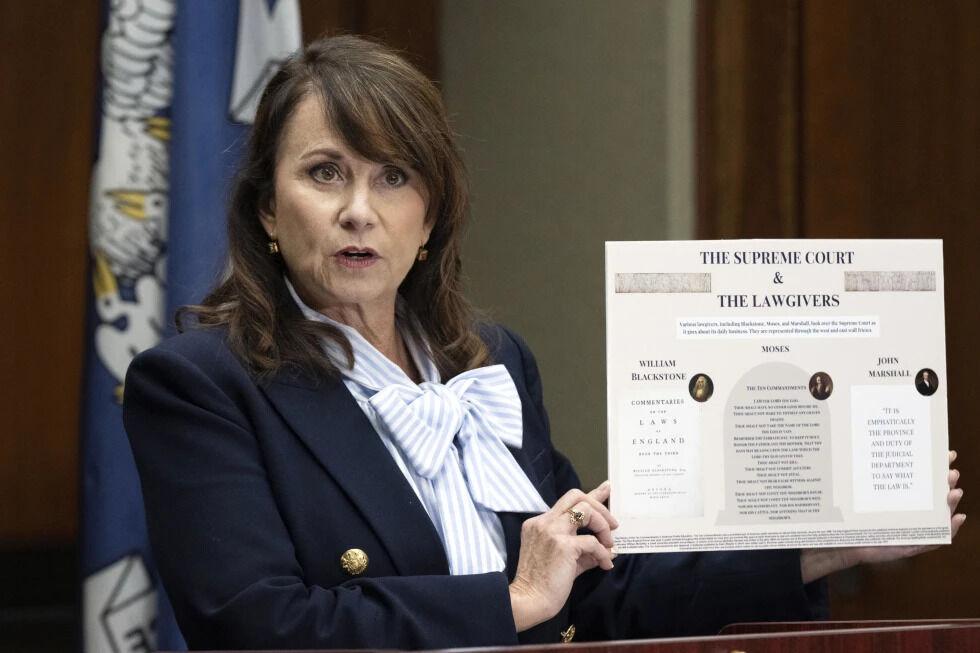Speaker details accomplishments of Muhammed Ali
To begin the University’s celebration of Black History Month, Gerald Early, a celebrated author from Washington University in St. Louis, was featured as the first February speaker for the Chancellor’s Distinguished Lecture Series.
Early’s topic, Muhammad Ali and his impact on third world countries, helped the University select him as one of the prestigious few speakers in the lecture series.
The lecture began with a welcome by Melody Robinson, chairwoman of LSU’s Black History Month and the presentation of the chancellor’s medal to Early, an honor usually reserved for those who graduate LSU with a 4.0 GPA.
Early, whose writings have focused on many historical African-American figures, also has written works on Elvis, the Miss USA Pageant and the city of St. Louis.
In 1994, Early won the National Book Critics Award for his work on prizefighting, “The Culture of Bruising: Essays on Prizefighting, Literature, and Modern American Culture.”
Early, who in 1998 wrote “The Muhammad Ali Reader,” began his lecture by first giving some background on Ali and his role in the American society.
“No other athlete, American or foreign, could claim fame like his,” Early said. “This was especially true for third world countries.”
Early described how he became a virtuous hero of black communities around the world.
“He was the perfect blend of protest and action,” Early said. “Most champions had an American vision, but Ali had a world vision. He wanted to see the whole world respect him.”
Early also delved into Ali’s internal struggle that ended with his conversion to Islam.
He focused on much of the battle between Malcolm X and Elijah Muhammad for “ownership” of Ali as the charter member of their factions.
He also described how after Ali won the title, he was given the name “Muhammad Ali,” even though that honor normally was bestowed upon older and wiser members of the religion.
Early finished his lecture with a famous quote from the celebrated athlete.
“I said things that other black people were afraid to say,” Early repeated.
Immediately following the presentation, a reception took place in the Faculty Club.
“I think that it was very beneficial to those who attended,” said Brandon Smith, vice chairman of the Black History Month. “Today, we had one of the better turnouts that one of the Chancellor’s lecture series has had. Dr. Early was informative, thorough and insightful. I am 100 percent positive that everyone who attended walked away with a greater knowledge and understanding of one of the world’s greatest athletes.”
Speaker details accomplishments of Muhammed Ali
By Tim Basilica
February 5, 2002
More to Discover







